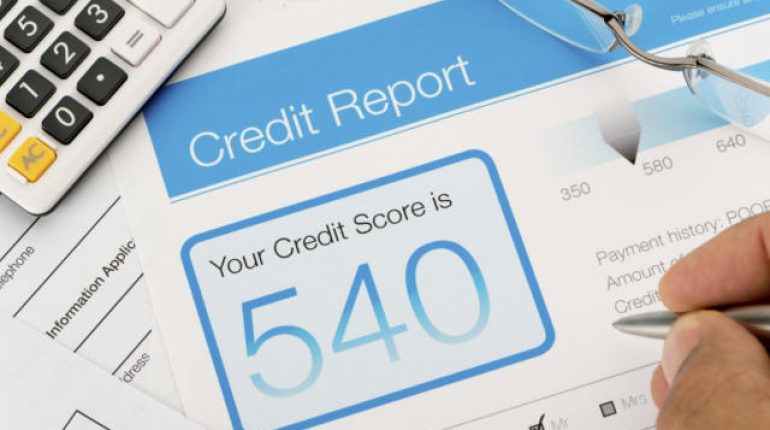Despite affecting almost everyone in the country, the credit score and report is one of the most misunderstood aspects of personal finance. We all know a high score means you’re more likely to be approved for loans, but what does and doesn’t impact that score is often the realm of rumour and wives tails. Here are 10 common myths debunked.
A Previous Occupant Can Increase or Decrease your Score
One long running myth is that if someone was a millionaire or crippled with debt and you move in to their property, this will impact your own credit score. This of course would be a terrible way for credit scores to work and would cause all sorts of chaos. You are only financially linked to somebody you have lived with if you shared financial obligations (such as rent or a joint account).
Credit Reference Agencies Take Part in the Approval Process
Credit reference agencies (the organisations that compile your credit report and score) do not have any direct involvement in the approval process of taking out credit. It is solely the decision of the lender whether they will grant you a loan. They will of course use the information provided by credit bureaus to make their decision, but it is still their decision alone.
The Odd Missed Payment Isn’t Important
While it’s true that County Court judgments (CCJs), Individual Voluntary Arrangements (IVAs) and bankruptcies are the most damaging elements of a credit report, any missed payment will have a negative effect and is recorded for 6 years. This applies whether you missed one small credit card payment or defaulted on a large loan. It is important for lenders to know whether you are prone to missing payments or not meeting your obligations.
My Credit Score is Good Because I Don’t Get in to Debt
A misconception often held by money conscious young people is that their credit score will be good if they don’t get a credit card or take out loans. This is because they fear going in to debt and missing payments. The truth is the only way to get a good credit score IS to take out credit. You just have to be wise to ensure that you meet the minimum payments. When you demonstrate that you can borrow money responsibly your score will increase and you will get access to best rates and deals. The more positive credit history you build, the more lenders will trust you. Never having taken out credit makes you seem risky to lenders, because they have no idea how well you handle your finances.
Each Person Has One Credit Score
There is no universal credit score. There are several different agencies that calculate a score, however lenders may turn to each of these and use their own internal assessment to give you their own score. If you access your credit report and score through services like Experian, this is only a general overview of your creditworthiness.
You Can Be Blacklisted
There is no such thing as a credit blacklist that automatically disqualifies you from obtaining credit for life, however if you have a particularly poor credit history you will certainly struggle. Many factors go in to determining your creditworthiness, including the amount of debt you currently hold and your repayment history.
You Can Have As Many Credit Accounts As You Want
While having a varied credit portfolio; including credit cards, loans and other forms of credit can be seen as a positive sign, having too many open accounts can also have negative consequences. This is because having access to a lot of credit means you have the potential to get in to unmanageable levels of debt. If you do have a lot of open accounts it is best to have lower balances.
Credit History Is Stored Forever
It is not practical for your credit report to contain every piece of credit information that has ever been recorded. Data is typically kept for around 6 years and usually no more than 10 years. This means if you have struggled in the past it won’t haunt you for life. Lenders are mostly interested in your current financial situation, as well as some historical precedents.
Checking Your Credit Report Lowers Your Score
Checking your credit report yourself has no impact on your credit score because it has no bearing on your financial situation. However if you apply or search for a lot of credit products in one go and those lenders perform credit checks, these will be noted and can send a signal to other lenders that you may be desperate for credit.
It’s Expensive to Access Your Credit Report
Some of the larger established agencies may charge you a fee to access your credit report, but there are also several free options out there (Noddle for example). Your credit card company may also give you free access.
